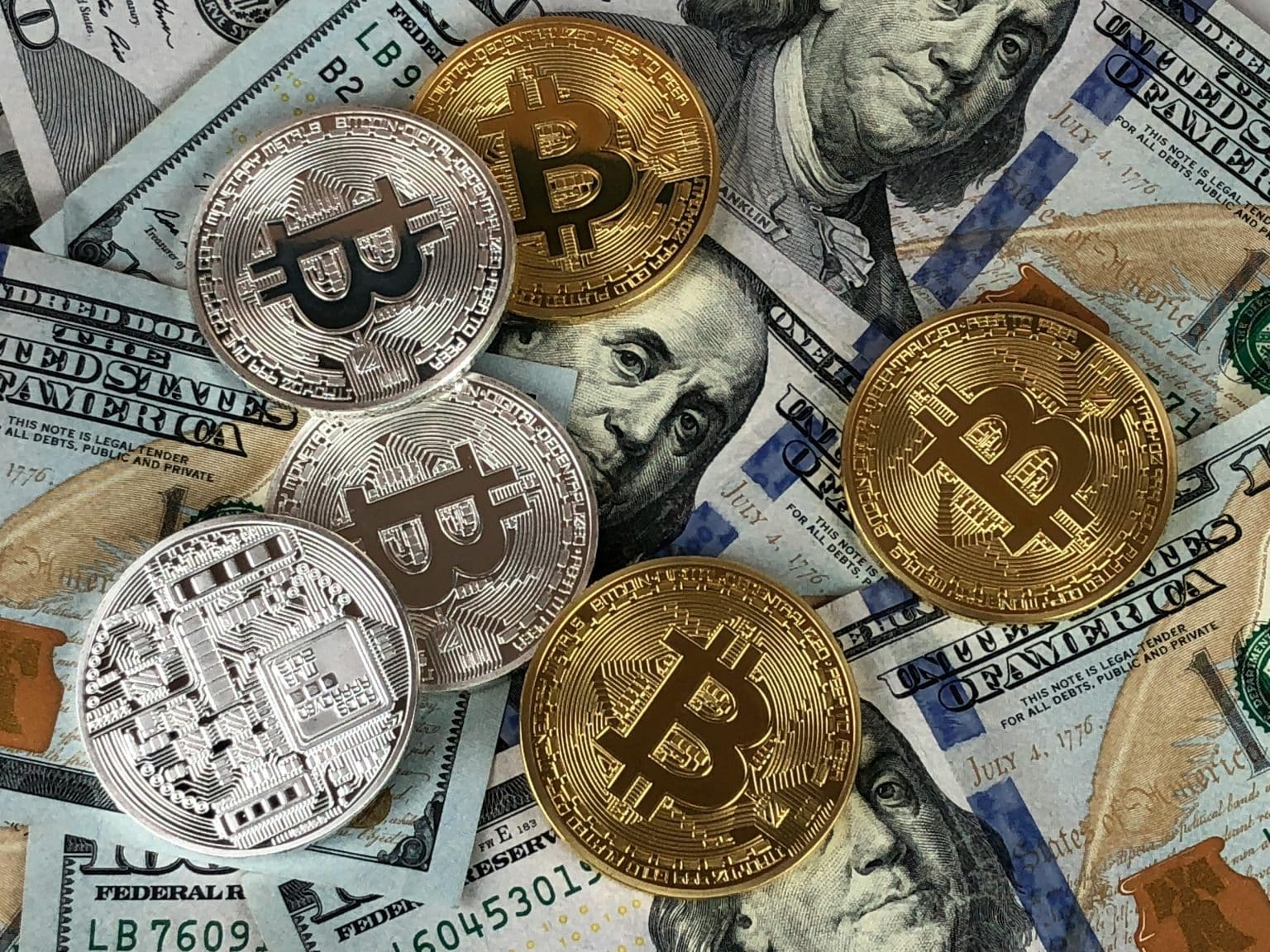In a world where institutional investors are snapping up Bitcoin and major players are moving millions off exchanges, OTC trading in crypto has become a cornerstone of large-volume digital asset movement. It’s the go-to route for whales, funds, miners, and even savvy retail traders looking to operate beyond the spotlight.
But what exactly is over-the-counter (OTC) cryptocurrency trading, and why has it gained so much traction in the digital economy? Let’s unpack what OTC trading means, who it’s for, and what you should watch out for before diving in.
What is an OTC Crypto Desk, and Who are Their Clients?
An OTC crypto desk is a specialized brokerage that facilitates private trades of crypto assets between parties, bypassing public exchanges entirely. These desks match buyers and sellers behind closed doors, usually at agreed-upon prices and with personalized service.
Who uses them?
- Crypto miners offloading large stacks of BTC or ETH.
- Hedge funds and VCs entering or exiting large positions without moving the market.
- Institutional crypto trading desks handling treasury strategies.
- High-net-worth individuals (HNWIs) looking for discretion and efficiency.
- Payment processors or remittance platforms needing bulk settlements in crypto.
Choosing the Right OTC Trading Platforms
Not all OTC trading platforms are created equal. Some cater strictly to institutions, while others offer services to individuals dealing with high-value crypto portfolios. Before picking a platform, it’s essential to consider:
- KYC and AML compliance. Larger desks usually require full identity verification, while some peer-to-peer options may allow for more anonymity.
- Minimum OTC transaction volume. Many desks have thresholds starting at $100,000 or more.
- Settlement methods. Escrow services or smart contracts can protect both sides.
- Reputation. Always check independent reviews, regulatory status, and history of disputes.
OTC Trading Benefits and Pitfalls
Like any financial tool, OTC comes with its perks and its pain points. OTC trading benefits:
- Crypto trading without exchanges. Perfect for those who want to bypass clunky UI, order book slippage, or platform downtime.
- Cryptocurrency liquidity. OTC desks often have access to deep pools of capital, making them ideal for moving large sums quickly.
- Crypto trading anonymity. Since trades don’t hit public books, there’s greater privacy, critical for whales and funds.
- Stable pricing. Negotiated prices can help avoid the volatility of live exchange trades.
- Custom settlement. Flexible terms, fiat conversions, and tailored timelines are often available.
OTC trading risks:
- Settlement risk. Without robust escrow or smart contract protection, one party might default.
- Counterparty fraud. Scams range from fake proof-of-funds videos to phishing attacks via messaging platforms.
- Lack of custody. Most OTC desks don’t offer secure storage, leaving clients to manage cold wallets or custodial partners.
- Regulatory ambiguity. In some regions, the gray legal area around OTC can create compliance headaches.
For those navigating large positions, valuing discretion, or requiring flexibility, OTC cryptocurrency trading offers a powerful alternative to traditional exchanges. Whether it’s a miner liquidating rewards, a fund hedging exposure, or an individual seeking crypto trading anonymity, OTC channels open doors to a different class of trade.
That said, not every platform is built the same. OTC trading platforms vary widely in transparency, compliance, and security, and every trader should weigh both the OTC trading benefits and risks before stepping in.
In the fast-moving world of digital finance, OTC is no longer a niche — it’s a key pillar of cryptocurrency liquidity and institutional access. And for those who know how to use it wisely, it’s a powerful edge in an increasingly competitive market.



